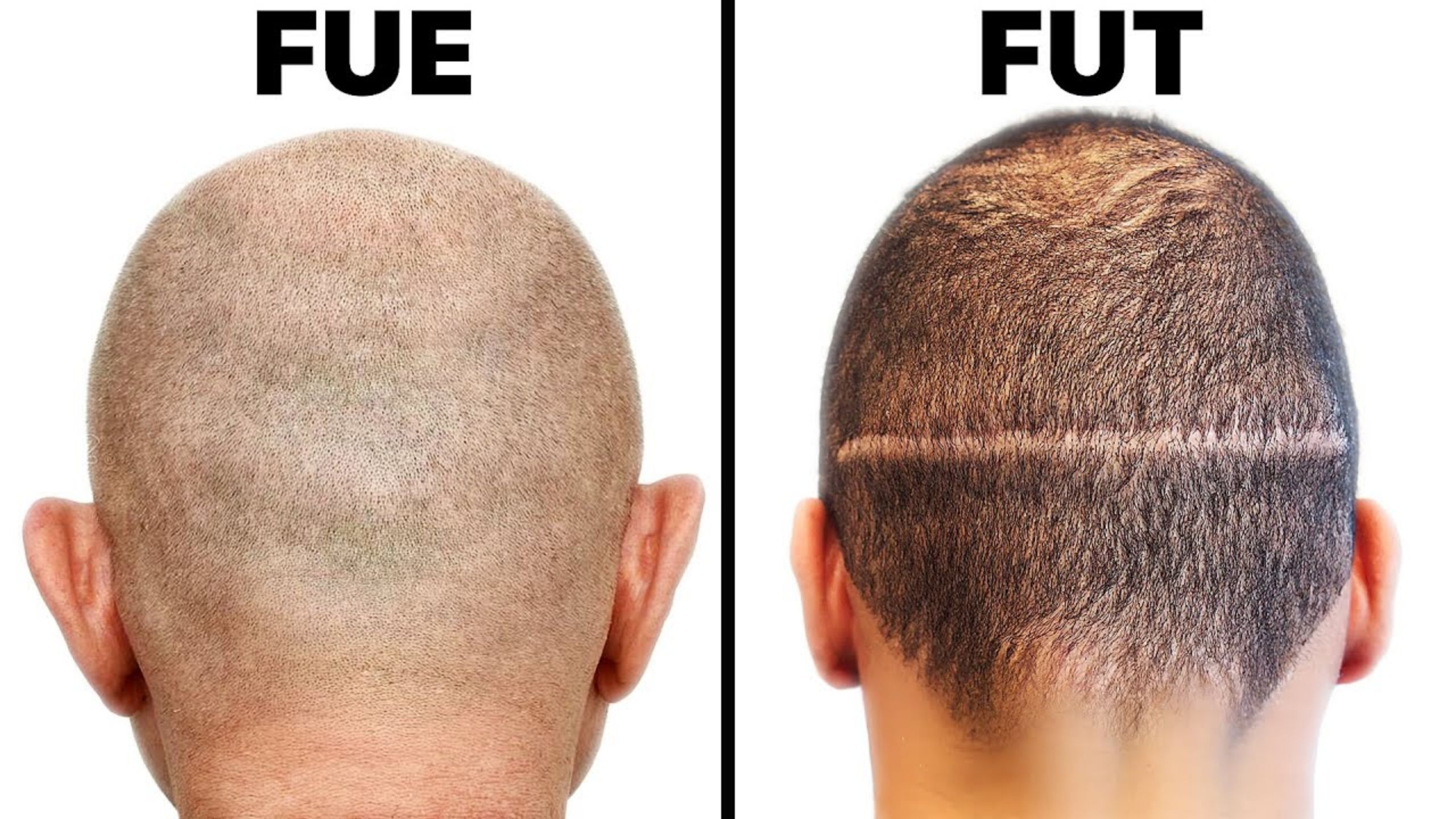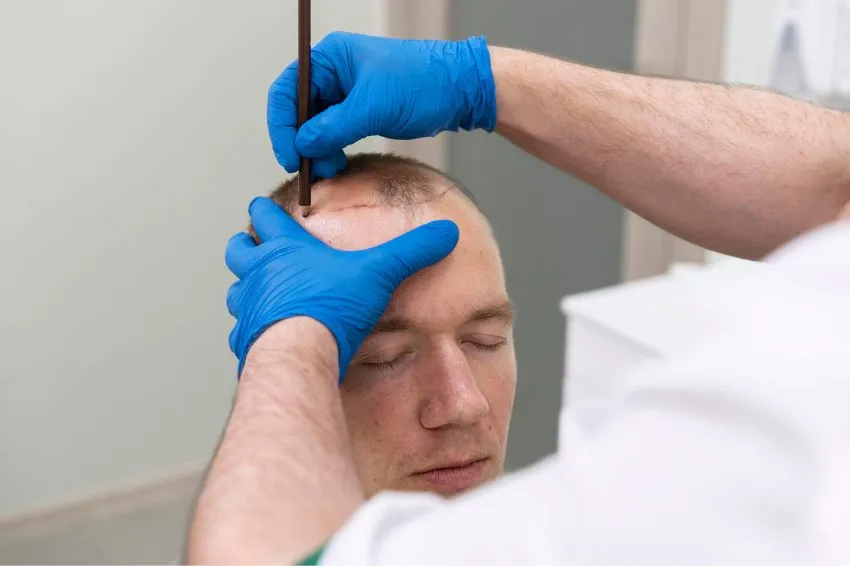Introduction
Hair loss is a sensitive topic, especially for African American women. From traction alopecia to hormonal imbalances, there are numerous reasons for hair loss, but fortunately, there are effective treatments available. Dr. Diep at Medical Hair Transplant and Aesthetics has extensive experience in treating hair loss in African American women, offering customized solutions. In this blog, we’ll explore common causes and how you can take control of your hair health.
Common Causes of Hair Loss in African American Women
1. Traction Alopecia:
- What It Is: Traction alopecia is a form of hair loss caused by excessive tension on the hair. This condition is common among African American women due to popular styling techniques like braids, weaves, and tight ponytails.
- Signs to Watch For: Receding hairlines, thinning around the temples, and small bald patches are common signs.
2. Central Centrifugal Cicatricial Alopecia (CCCA):
- What It Is: CCCA is a form of scarring alopecia that starts at the crown of the scalp and radiates outward. This condition is more prevalent among African American women.
- Signs to Watch For: Itching, burning, or tenderness in the scalp along with hair loss at the crown.
3. Hormonal Imbalances:
- What It Is: Hormonal changes due to pregnancy, menopause, or conditions like polycystic ovary syndrome (PCOS) can cause hair thinning or excessive shedding.
- Signs to Watch For: Sudden, noticeable thinning across the scalp rather than in specific areas.
4. Genetics (Female Pattern Baldness):
- What It Is: Similar to male pattern baldness, female pattern hair loss (androgenetic alopecia) is hereditary and can lead to hair thinning, particularly at the crown.
- Signs to Watch For: Gradual thinning, particularly around the parting and crown areas.
5. Medical Conditions:
- What It Is: Autoimmune diseases like lupus, thyroid disorders, and iron deficiency can contribute to significant hair loss.
- Signs to Watch For: Diffuse thinning across the scalp, coupled with other symptoms of illness.
Best Treatment Options for Women’s Hair Loss
1. Topical Treatments (Minoxidil):
- Minoxidil is one of the most common over-the-counter solutions for hair loss. It works by stimulating hair follicles and increasing blood flow to the scalp. Results typically take several months to become visible.
2. Low-Level Laser Therapy (LLLT):
- This non-invasive treatment uses light energy to stimulate hair follicles and promote regrowth. It can be used as part of a hair restoration routine.
3. Hair Transplants:
- Hair transplant surgery may be the most effective solution for women. FUE and FUT transplants are popular options, with FUE being less invasive and requiring minimal downtime.
- Dr. Diep specializes in FUE and FUT transplants for African American women, ensuring natural results that respect the unique characteristics of textured hair.
4. PRP Therapy:
- PRP involves injecting growth factors into the scalp to encourage hair growth. It’s a great complementary treatment to hair transplants or as a standalone solution for mild thinning.
5. Scalp Micropigmentation:
- This non-surgical procedure involves tattooing tiny dots on the scalp to mimic the appearance of hair follicles. It’s an effective solution for those who prefer a shaved or close-cropped look.
Hair Care Tips to Prevent Further Hair Loss
- Avoid Tight Hairstyles: Give your hair follicles a break by opting for looser styles and avoiding tight braids or weaves.
- Limit Heat and Chemicals: Excessive heat from styling tools and chemical treatments can weaken hair and cause breakage. Opt for natural styling methods whenever possible.
- Massage Your Scalp: Regular scalp massages can help stimulate blood flow and promote healthier hair growth.
- Stay Hydrated and Eat a Balanced Diet: Hydration and nutrients like vitamins A, D, E, and biotin are essential for healthy hair growth.
Consultation with Dr. Diep
Don’t wait any longer to take control of your hair loss. Schedule a consultation with Dr. Diep at Medical Hair Transplant and Aesthetics in Los Gatos or the San Francisco Bay Area. Find the solution that’s right for you and restore your hair with a doctor you can trust.
Patient Testimonials
Success Stories: Before-and-After
Dr. Diep has helped many African American women combat hair loss and restore their hairlines. Take a look at some real-life before-and-after transformations.


Conclusion
Hair loss doesn’t have to be the end of your hair journey. Understanding the causes and taking proactive steps can help African American women manage and even reverse hair thinning. Whether through home treatments or professional hair transplants, there are options available to help restore your hair’s natural beauty.
FAQs
PRP is a minimally invasive treatment with little discomfort, and patients usually return to normal activities the same day.
Hair transplants are ideal for cases of traction alopecia, female pattern baldness, and areas of scarring. Dr. Diep will recommend the best solution during your consultation.



